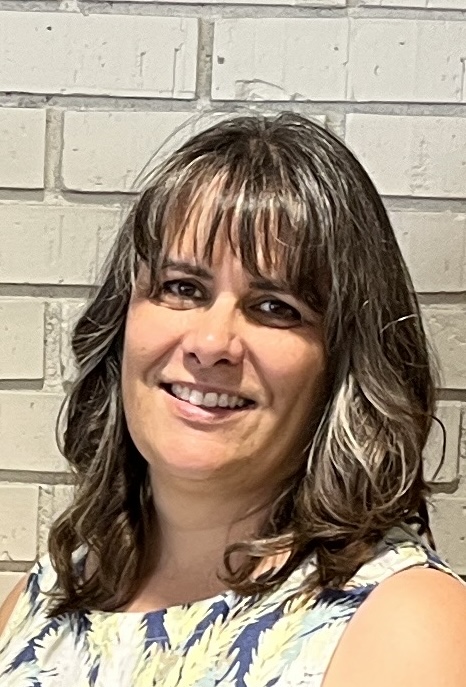
We are pleased to launch the newest MTEP Transformers feature, "Getting to Know MTEP 2.0 Team Members." Read on to learn more about Colby Lamb, MTEP Research Hub member and postdoctoral researcher at the University of Nebraska–Lincoln.
How long have you been at your institution?
CL: I started the PhD program in Fall 2018 and have been working with MTEP since May 2023.
Who is your favorite mathematician or educator character in a book, movie or TV show?
CL: The character Katherine G. Johnson in Hidden Figures is one of my favorite mathematicians in a movie.
What inspired you to get involved in mathematics education research?
CL: I have always wanted my classroom practices to be research-based, which led me to enter mathematics education research. I have enjoyed learning and practicing the entire research process, from literature reviews to designing methods, conducting the study, and analyzing the results.
What skills or knowledge are you learning through working with the partnership that you find most useful in your career?
CL: The most valuable skills I have gained from working with MTEP have been seeing the leadership teams work together. The spirit of cooperation and purpose has been inspirational. It is good to see individuals from different contexts and backgrounds working together. I plan to continue working with MTEP in some manner in the future.
What advice would you give to students who want to pursue careers in mathematics teaching, teacher preparation, and/or education research?
CL: If students are interested in teaching, I recommend they tutor in as many and various situations as possible. Tutoring allows you to test multiple ways of explaining concepts and having immediate feedback on your explanations. Often, in a classroom setting, you might not find out a concept was misunderstood until some type of student evaluation takes place. Tutoring gives you immediate feedback on your explanations, gives you an opportunity to deeply explore students' thinking, and enables you to understand where a student’s misconceptions originated.
CL (cont'd): If a student is interested in educational research, I encourage that student to do a thorough literature review on a topic of interest.
How is your involvement in MTEP work worthwhile to your graduate school/professional journey?
CL: Conducting interviews, cleaning transcripts, summarizing transcripts, and doing other work has helped me develop confidence in my research skills.
What skill do you think is most valuable for students considering a career in mathematics teaching, teacher preparation, and/or education research?
CL: The most valuable skill is being a lifelong learner. Stay curious. Keep reading research articles and attending conferences. Whether you desire to improve your teaching or research, you must be aware of the best practices in mathematics learning and possible gaps of knowledge. This can only be done by continuing to be curious.
Tell us about the most rewarding mathematics education experience that you have had.
CL: I did not know what to expect the semester I was assigned to teach the mathematics content course for future elementary instructors. It turned into one of the most rewarding experiences. One student in the beginning of the semester wrote about how much she hated math and about her previously very poor experiences in her mathematics biography in the beginning of class. She stated in the bio that she was "not a math person."
CL (cont'd): Later in the semester, her table was working on some fraction problems and reviewing their solutions before presenting them to the class. I was walking past her table, and several of the other students stated that they were not sure of the solution. She confidently stated that her solution was correct and then stated, "I know it is correct because I am a math person." Witnessing her transformation and development of confidence was a wonderful experience.